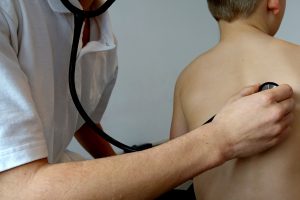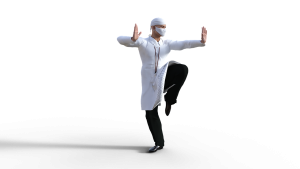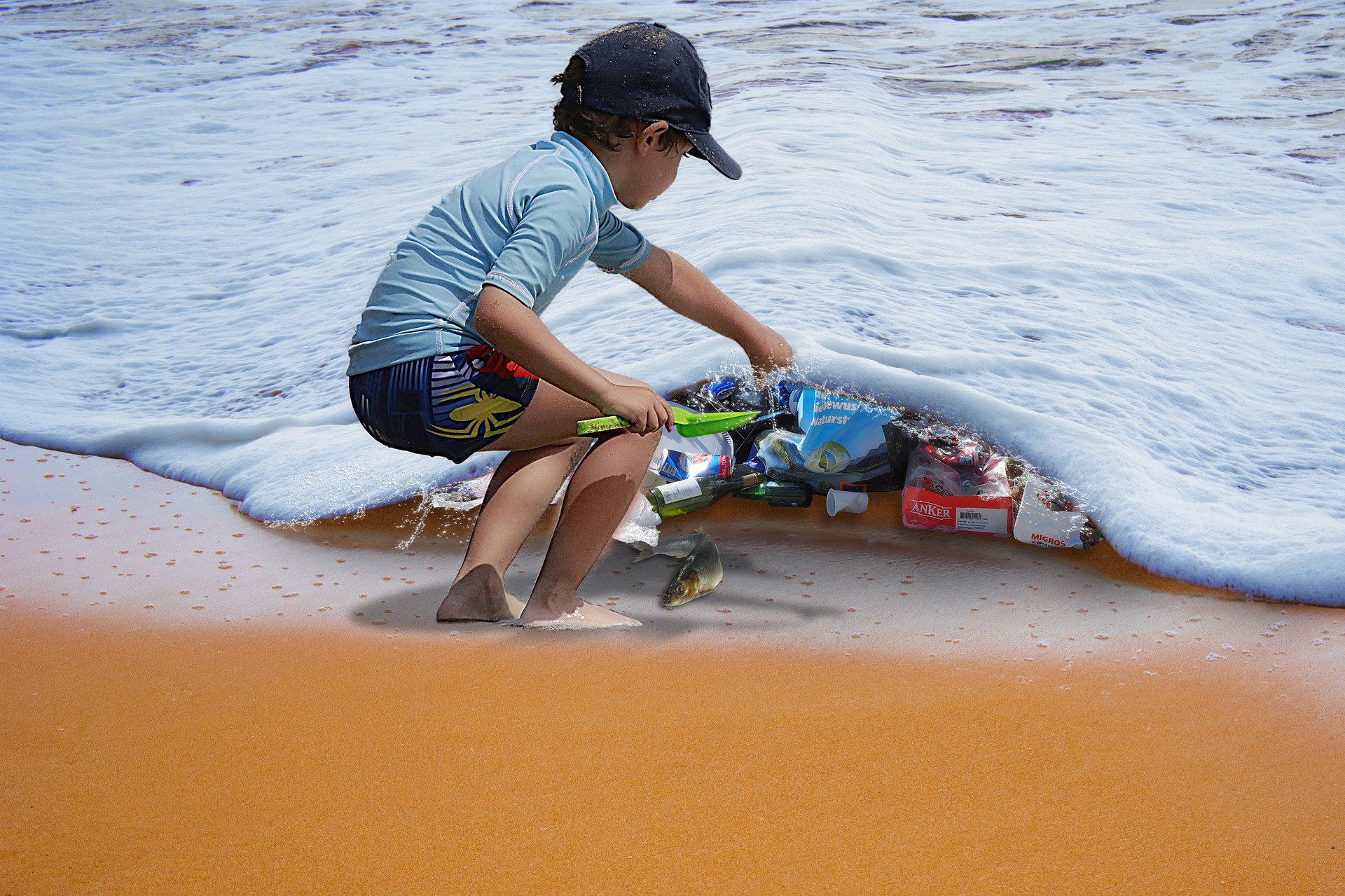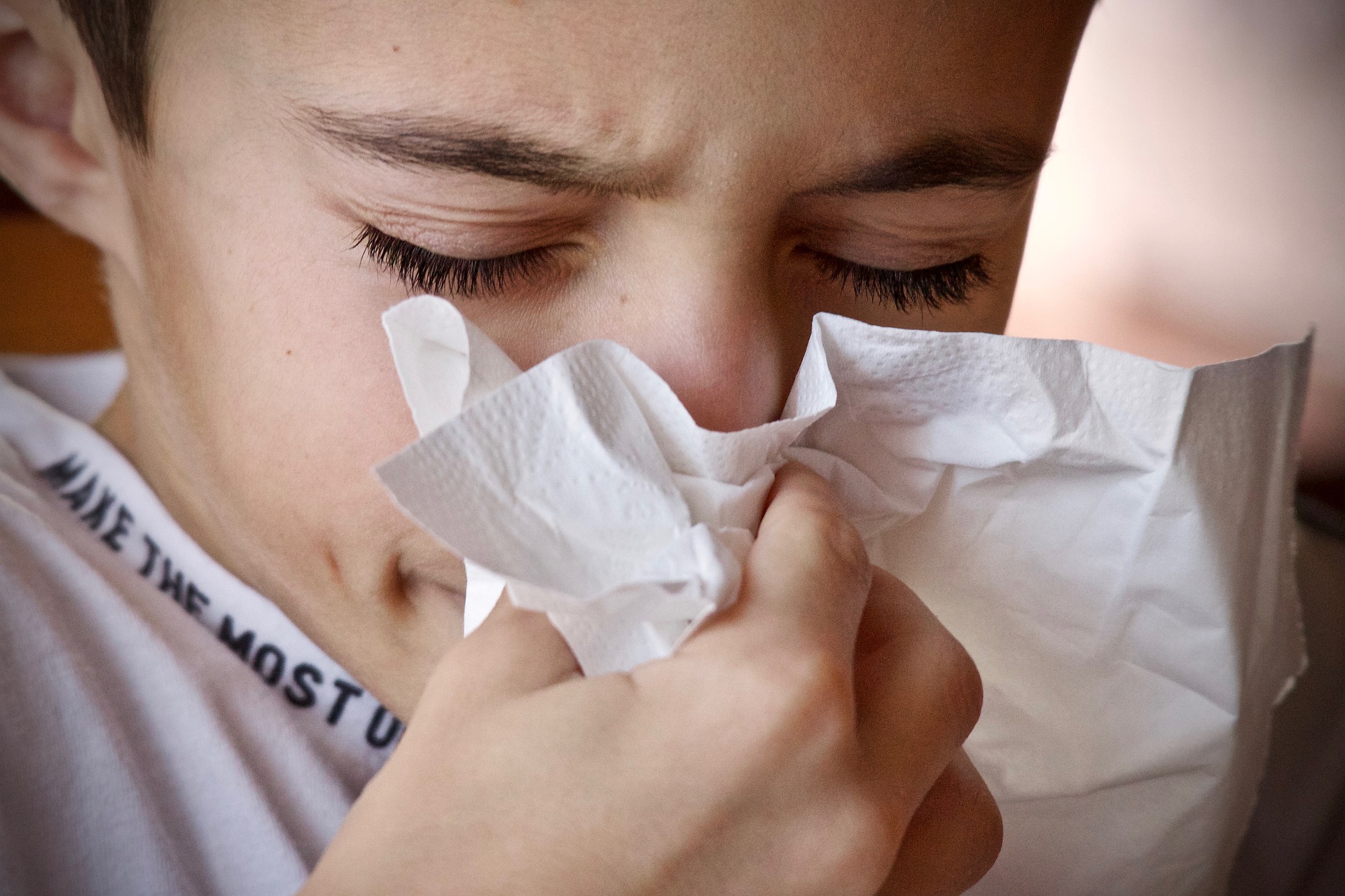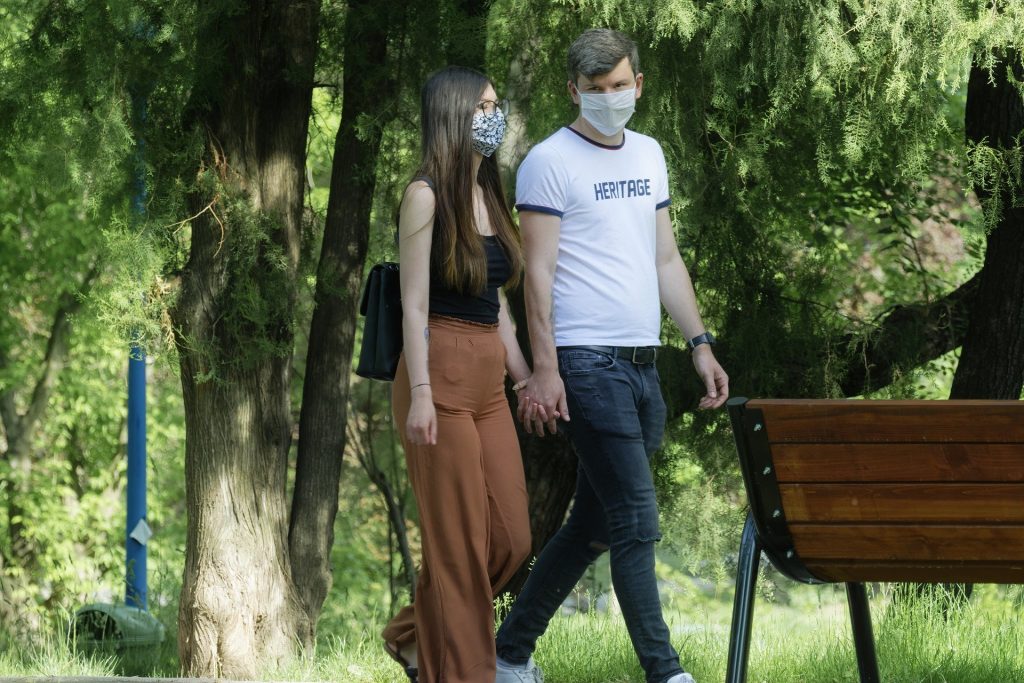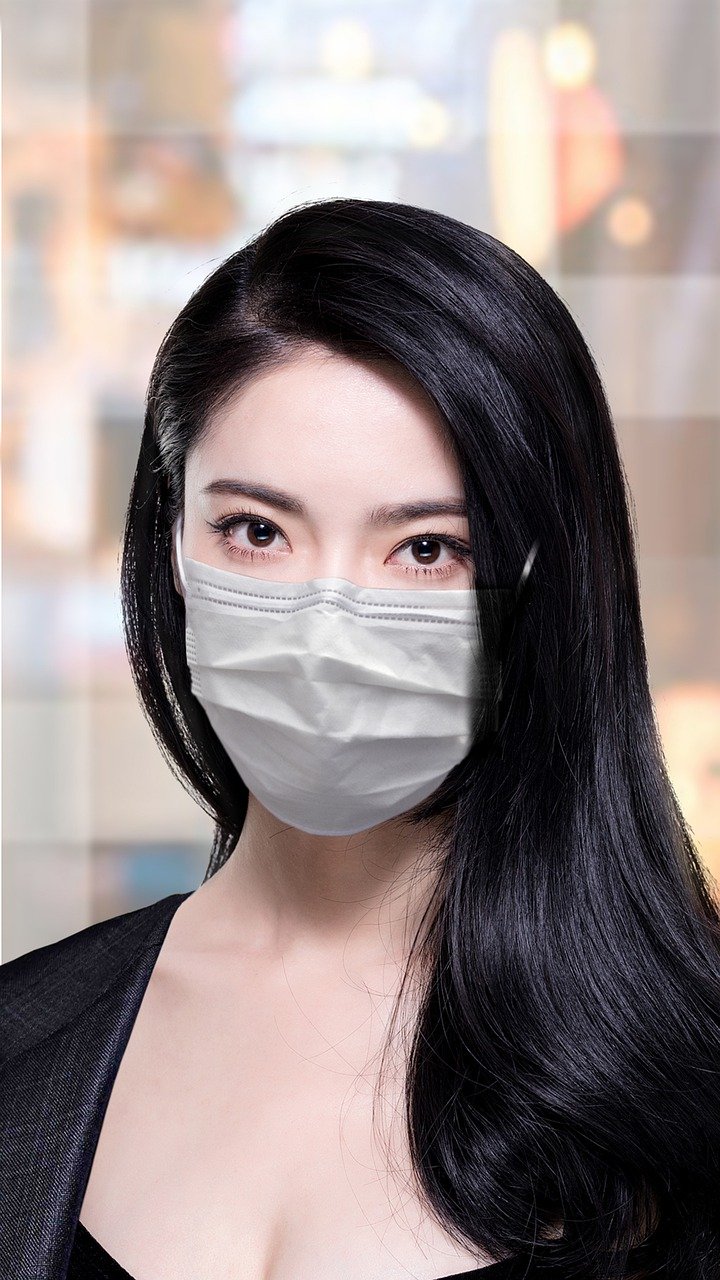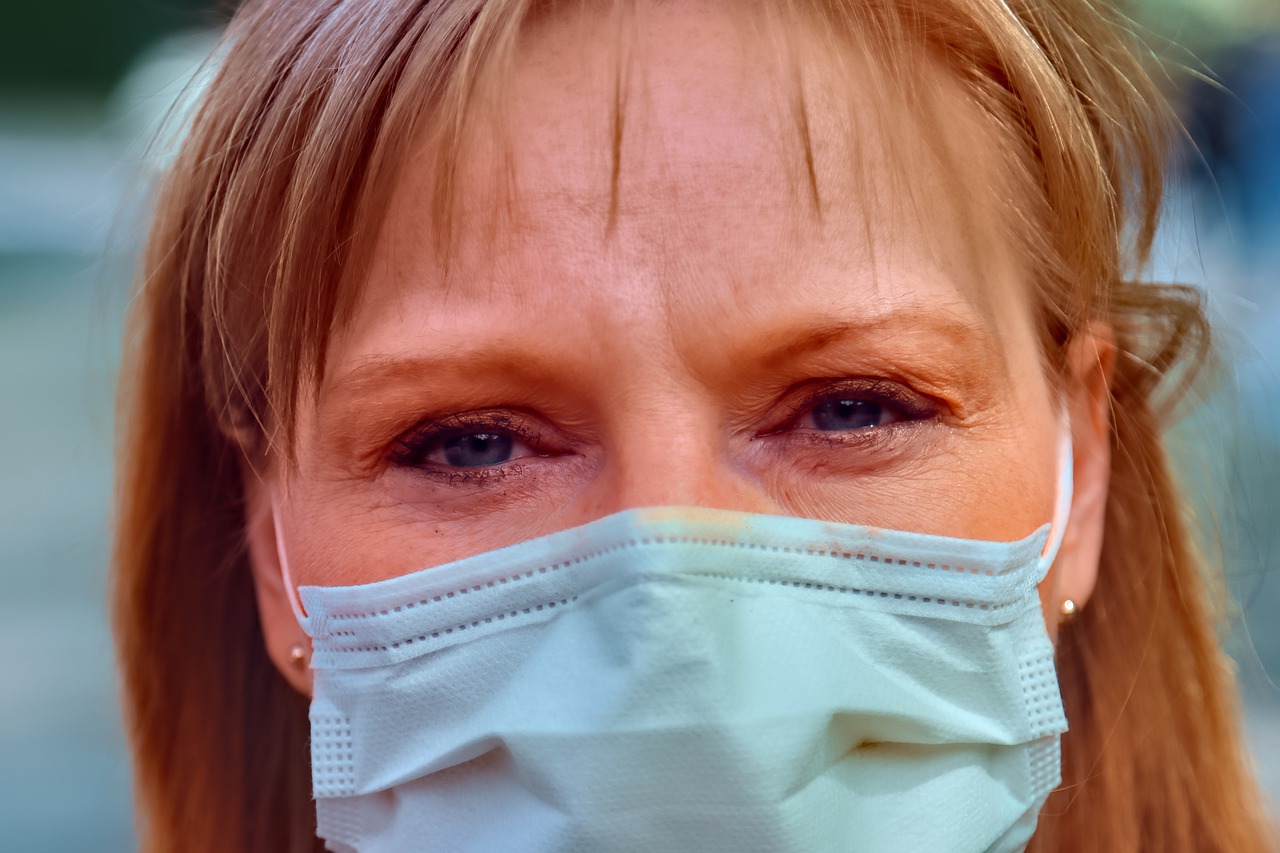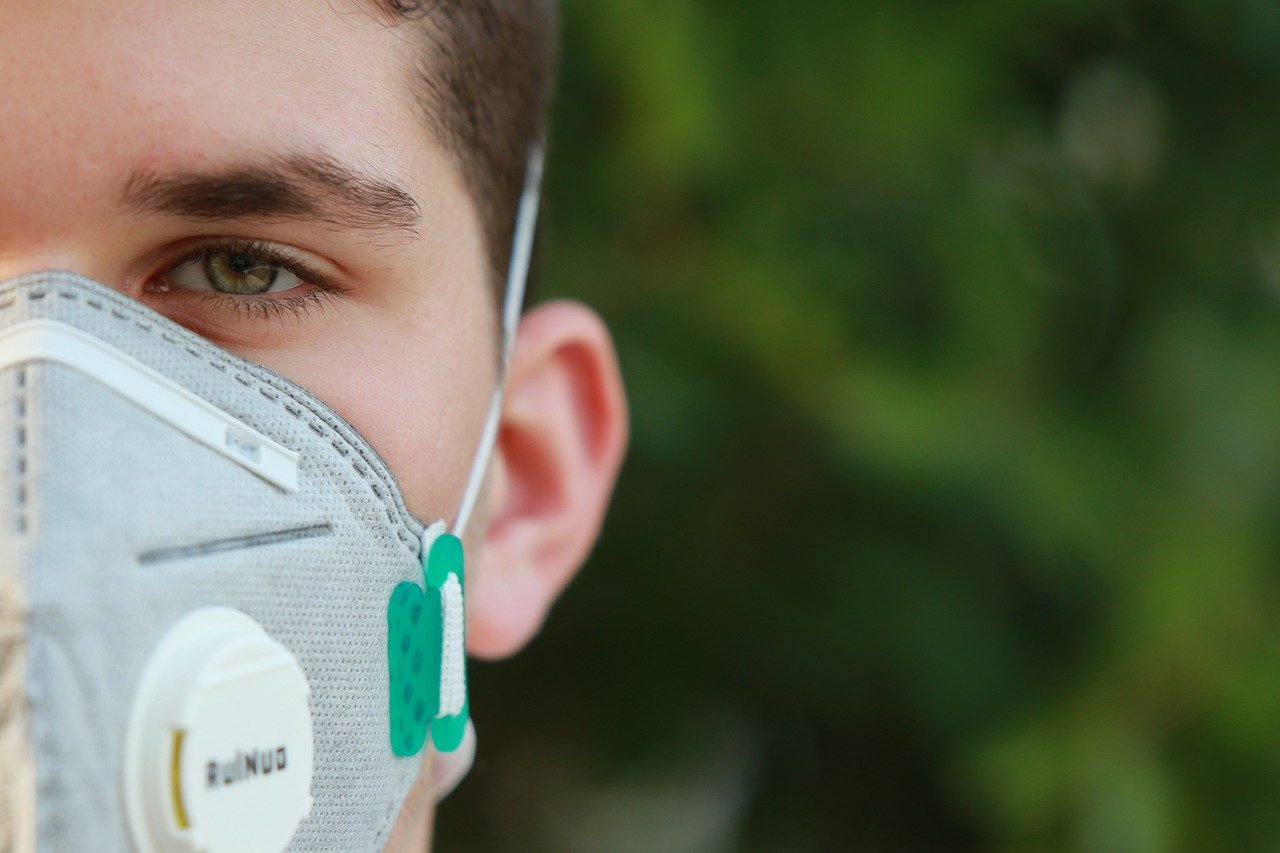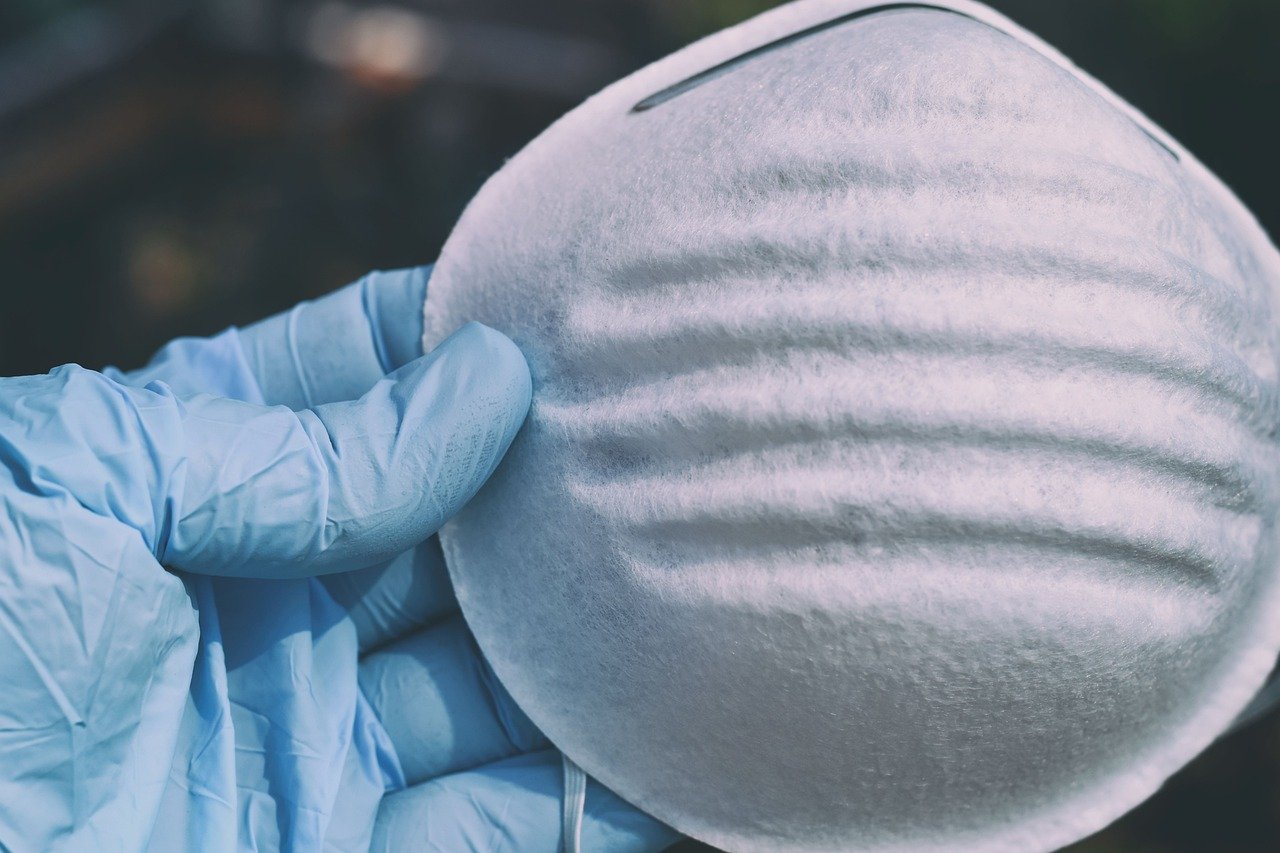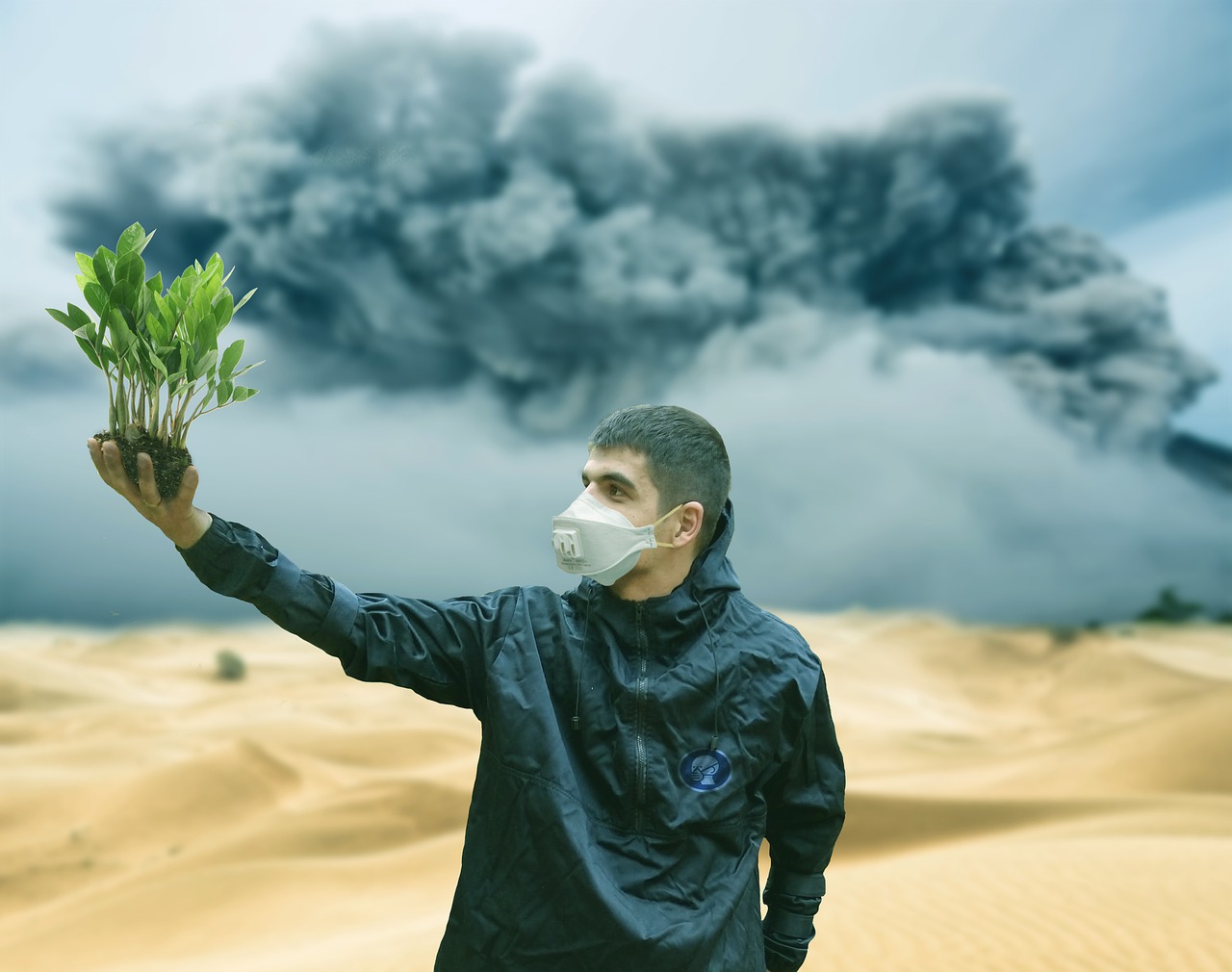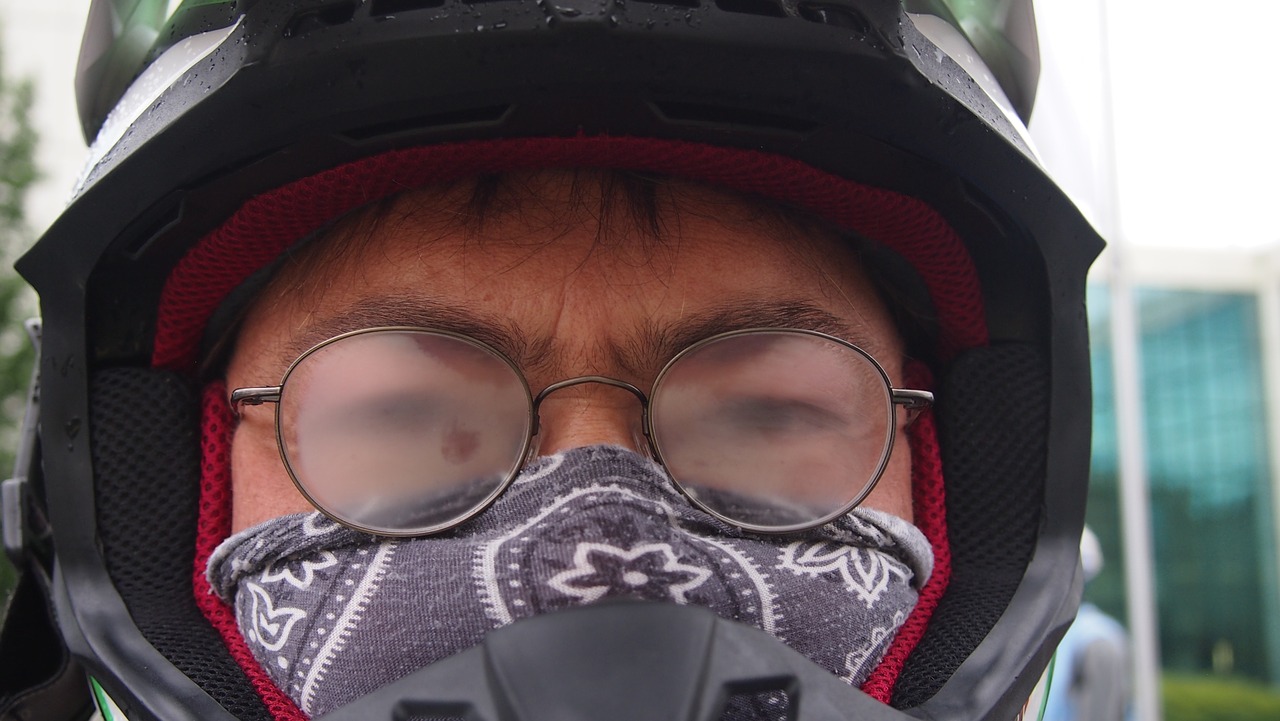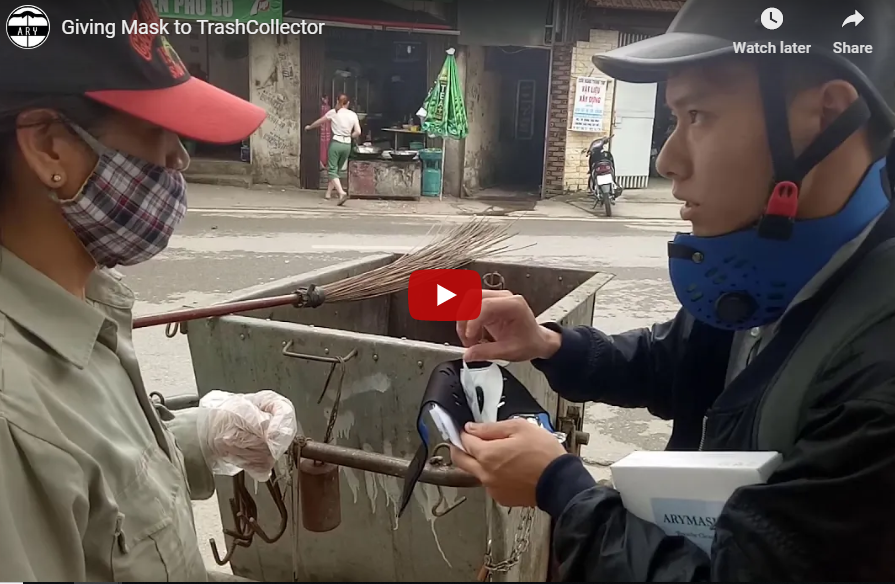
With the pandemic causing so many deaths in countries around the world, face masks have become a symbol of this period of time. You can see many people wearing masks to protect them from the virus. From homemade masks, surgical masks to even rare masks such as those with N95 or P100 filters, you can see that wearing a mask is the new norm.
Thus, it is more crucial to understand that there are places where wearing a protective mask is an absolute must. Regular face masks won’t be enough in these areas. What you need are those masks with a high rating. Ratings like N95 are tested to remove more than 95% of PM2.5 particles whereas the N99 rating removes more than 99% of PM2.5 particles, which is very similar to the European Standard FFP2.
What are those masks with P100 filters?
As we all know, masks have filters that are rated based on how much particulate matter they can efficiently block. With a P100 rating, these masks would be able to block 99.9% of particles 0.3 microns or larger. For instance, there are gas masks with P100 ratings. According to the CDC, gas masks are known to be air-purifying respirators. They filter or clean chemical gases and any other particles out of the air you breathe. This respirator often has a facepiece or masks and a cartridge or filter. These are also often secured by straps on the top of the head.
Places You Can Use Gas Masks
-
Areas Dealing with Hazardous Waste
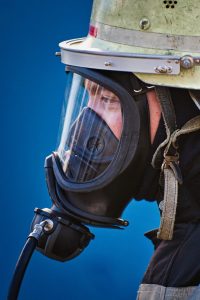
There are people called hazardous material removal workers or hazmat workers who deal with dangerous waste. They use full protective suits and respiratory-type gas masks to remove, dispose, or transport nuclear waste, radioactive waste, and other types that could harm the environment or the public. The masks provide clean air when dealing with such toxic waste.
-
Areas with Nuclear Radiation
There are factories and nuclear power plants that deal with nuclear radiation.
They can even be found near some places where people live. If you are an employee or someone who lives close to these factories or plants, you will need a gas mask to protect you from the harmful air. In cases of emergency, these masks will also come in handy because wearing one could be the difference in survival.
-
Areas in Healthcare or Medical Facilities
Most doctors, nurses, and any other medical or healthcare professionals can be found wearing masks to protect themselves and ensure the safety of the patients and other people.
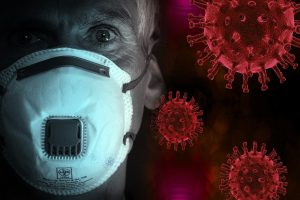
P100 masks are efficient when it comes to contagious diseases such as COVID-19, the swine flu and avian flu, as stated by Enviro Safety. These filters can help block most airborne hazards, which is why it is normal for people to wear these masks during a pandemic to prevent the spread of a virus.
-
Areas with Poor Air Quality
Most people won’t be able to easily avoid areas with poor air quality because of the nature of their jobs, such as those who work in construction, food processing plants, agriculture, or even pharmaceutical manufacturing. These workers are usually exposed to dust, hazardous mist, and fumes. But, with P100 masks, they would be protected from 99.97% of particulate matter and gasses when properly worn.
As can be seen above, there are jobs that use face masks, so there is no reason for you not to get one. Keep your lungs safe with masks and avoid causing any harm to them!

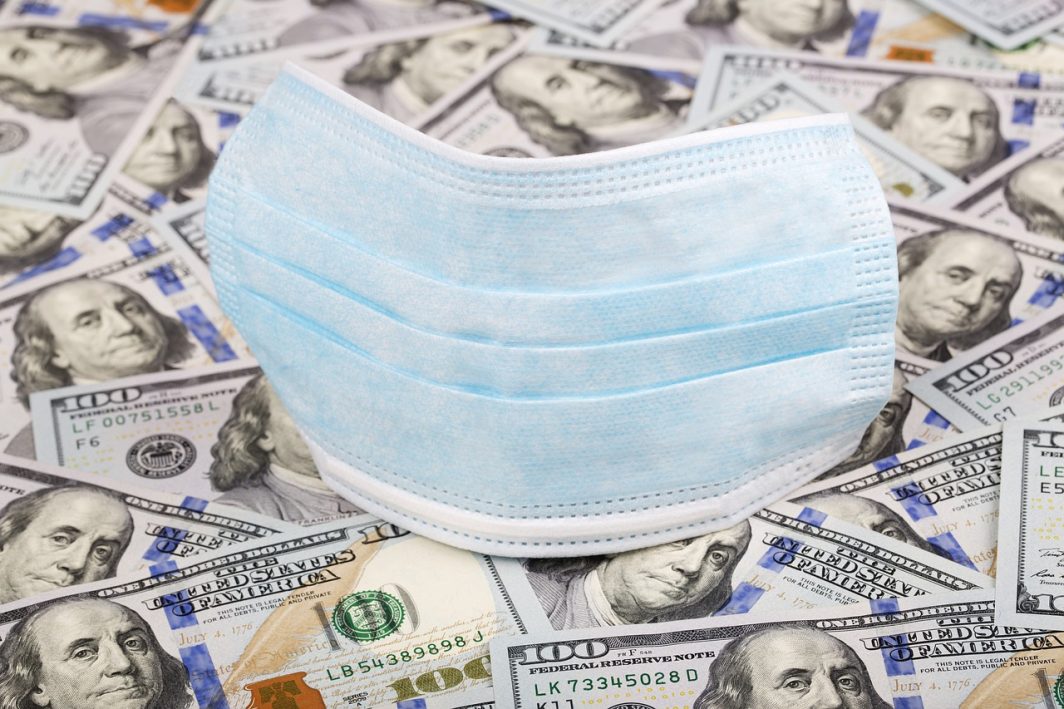

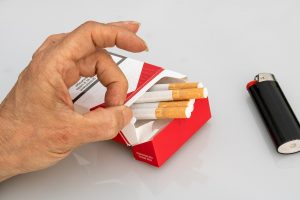

 minimize the risks by wearing masks. For those who drive motorbikes, you are more prone to air pollutants caused by traffic congestion. Thus, it is always better to regularly wear your mask as you travel.
minimize the risks by wearing masks. For those who drive motorbikes, you are more prone to air pollutants caused by traffic congestion. Thus, it is always better to regularly wear your mask as you travel.